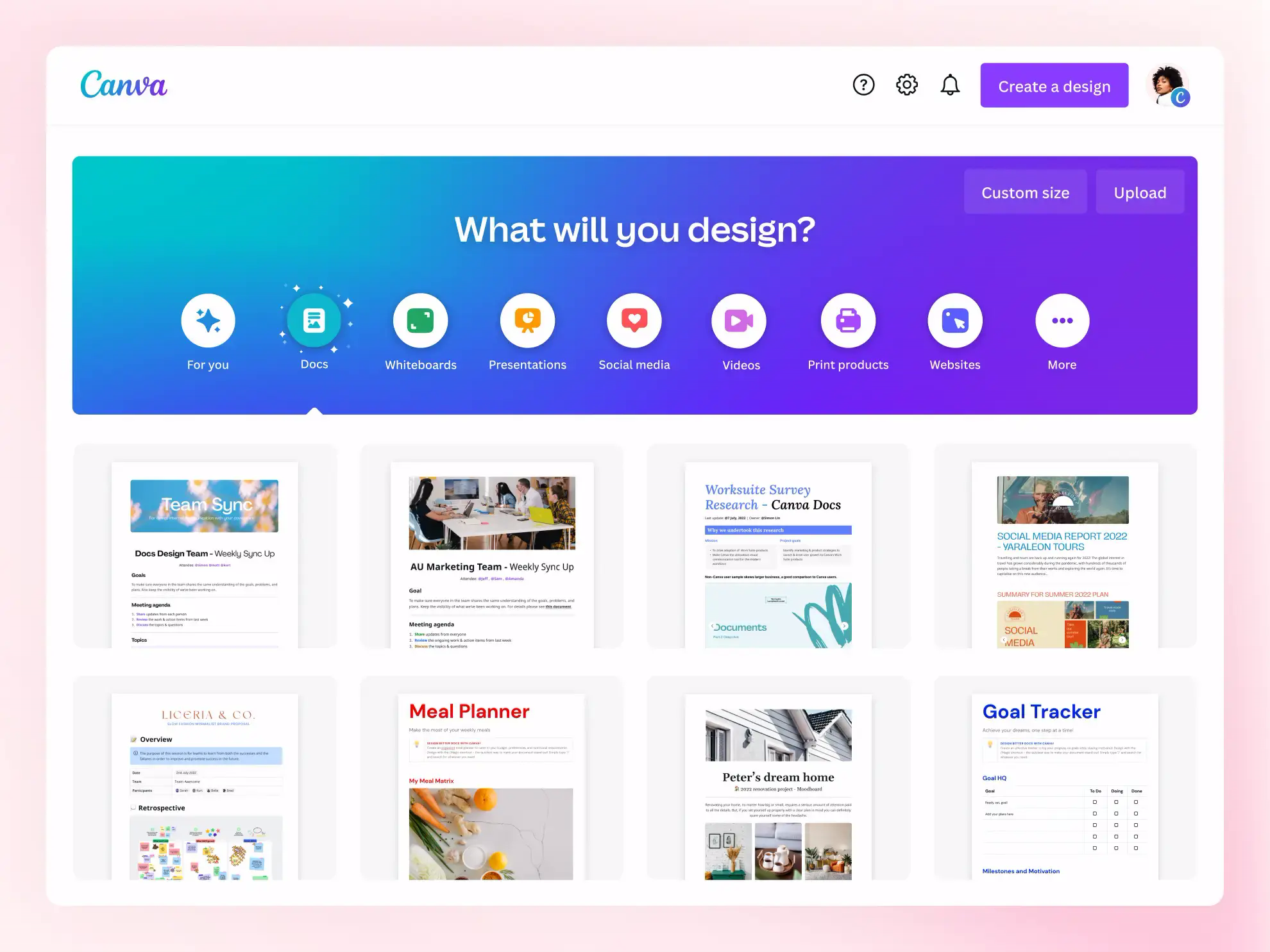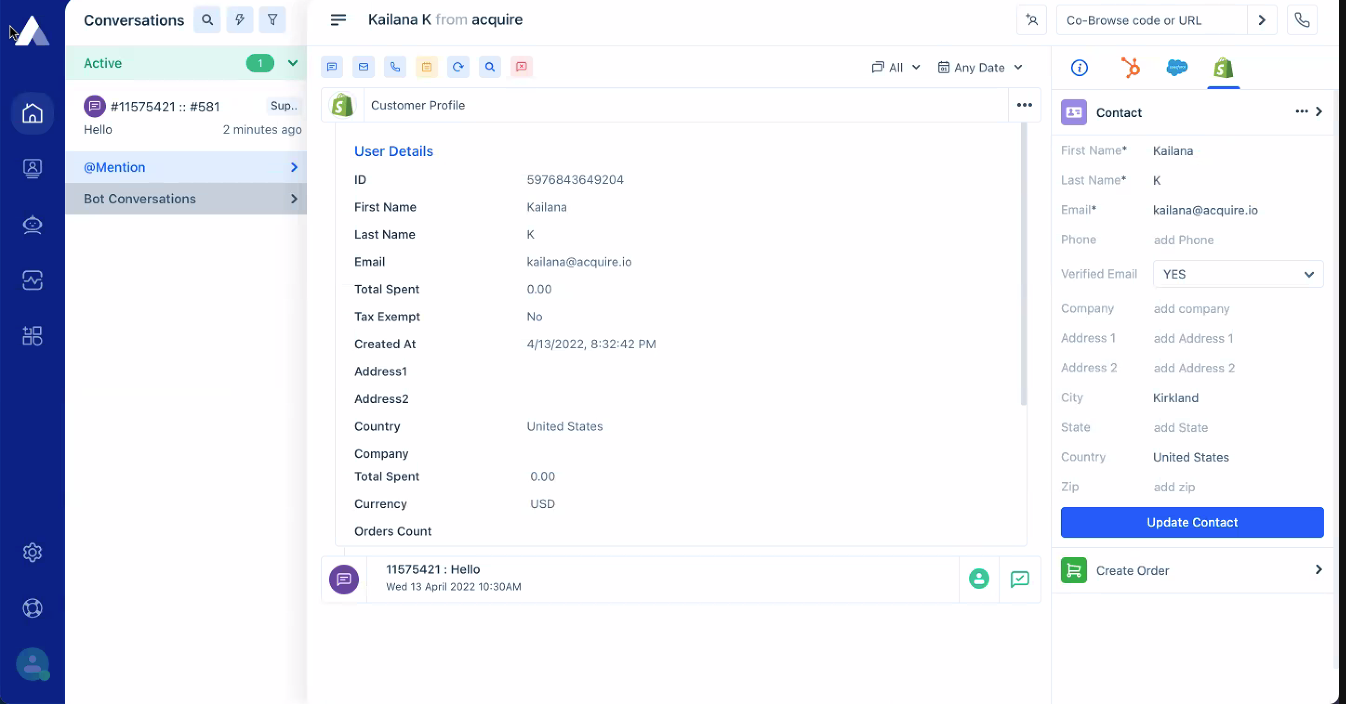Whether it’s an all-in-one website builder, an analytics plug-in, or shopping cart software, ecommerce tools are integral to the success of online stores worldwide.
These tools do more than just help stores run smoothly. They also help businesses grow and keep pace with consumer demand—and stand out against the competition.
What are ecommerce tools?
Ecommerce tools are pieces of software like apps, platforms, and plug-ins that help business owners manage their online stores.
While there are many different kinds of ecommerce tools, they all share a common purpose: to streamline, organize, and automate the processes of running and growing an ecommerce store. Examples include drag-and-drop website builders, inventory management software, and analytics tools, among others.
Why are ecommerce tools important?
Building software like mobile apps and shopping carts from scratch can be time consuming and expensive. But with a robust set of ecommerce tools, you can create and manage your online store efficiently, keep costs down, and earn more money.
With a good ecommerce toolkit, you can:
- Reach more customers online
- Make an exciting shopping experience
- Collect first-hand data for your campaigns
- Integrate all your tools
- Help your store sell 24/7
Ecommerce tools are literally the building blocks of any online store. If you’re running an online store, there are a lot of moving parts to keep track of: customer support, marketing, logistics.
Some of the best tools an ecommerce business owner can use are those that help organize the day-to-day business operations of the store, like making sure internal business operations are taken care of alongside organizational needs.
7 types of ecommerce tools
- Ecommerce platforms
- Content creation
- Communication and internal organization
- Sales and logistics
- Marketing
- Analytics
- Customer service
There are numerous ways to create, manage, and boost your ecommerce website. Below are seven types of ecommerce tools that are most commonly used by online businesses.
1. Ecommerce platforms
The first step to building an online store is choosing the right ecommerce platform. An ecommerce platform essentially is the software that an ecommerce store uses to take care of core needs, from product pages to order fulfillment.
Your platform affects your customers’' shopping experience. It needs to be user friendly, fast, and reliable to ensure a smooth shopping experience, which can directly influence customer satisfaction and return rates.
Shopify is an all-in-one ecommerce platform that helps online businesses get up and running. Offerings include a robust set of ecommerce tools like a website builder with paid and free themes, built-in marketing tools to help build, execute, and analyze digital marketing campaigns, a shopping cart with 100 payment gateways, and multichannel selling.
Compare ecommerce platforms
2. Content creation
Creating content for an ecommerce website can be a powerful way to increase visibility. It’s also fairly straightforward, thanks to ecommerce tools like the following:
Canva
Canva is an ecommerce tool that helps teams—even those with little to no experience—create aesthetically pleasing designs. Whether designing a brand identity or just creating supportive imagery for your online store, Canva’s drag-and-drop tools make it easy to create and share well-designed assets.

WordPress
Not all ecommerce websites will need a dedicated blog. But for those that do, a content management system like WordPress may be helpful. WordPress can help in developing a blogging strategy to build and nurture customer relationships, establish a brand, and generate recurring traffic.
3. Communication and internal organization
Ecommerce tools can also be beneficial for the inner workings of an online business. This could mean anything from having a dedicated space to communicate with employees, to a platform for streamlining project management tasks.
Slack
A messaging platform designed with workers in mind, Slack lets you and your employees chat with each other in real time. This can be a productivity booster for remote workers, especially because Slack enables teams to get organized, manage each other, and communicate about daily to-do’s.

Coda
Coda is a robust productivity tool that can help manage different aspects of your business—think marketing calendars and tracking docs. It’s both highly editable and customizable, making it a great tool for organizing projects internally. And as an added bonus, Coda offers a Shopify pack that integrates with your Shopify store.

Monday.com
Monday.com is a flexible and customizable project management tool that automates workflows and centralizes work processes in one place. Online stores can utilize Monday.com to stay on top of inventory management, keep track of important metrics, and more.

4. Sales and logistics
Sales and logistics are a significant part of running an online business. While some ecommerce platforms offer these tools as part of their overall services, there are also a few prominent stand-alone options.
Shipwire
Shipwire is a global fulfillment platform that fulfills orders for direct-to-consumer, retail, and dropship channels. By integrating with your existing shopping cart and marketplace, Shipwire provides logistical support and enables both national and international shipping.

5. Marketing
There are many different marketing tools, from content marketing to paid ads. Among the options are:
Mailchimp
Email newsletters are a powerful ecommerce tool: They provide a direct channel to customers and offer a dedicated space to share updates, promotions, and other information.
An email platform like Mailchimp streamlines the marketing process by helping you build, send, and track email marketing campaigns. An added bonus: Mailchimp integrates with Shopify, meaning it syncs your Shopify data—including customer, product, and purchase data—to Mailchimp.

Buffer
Establishing a consistent social media presence is an easy way to increase your online store’s visibility. Buffer is an easy-to-use social media management platform that makes it simple, for online stores to schedule social media content—via Facebook, X, Instagram, and LinkedIn—in advance.

Ahrefs
Ahrefs is an SEO tool that helps you optimize your website and get found online. You can use it to do keyword research for your ecommerce store, so you know how many people are searching for products related to your business. You can then incorporate those keywords into category pages, product pages, blog articles, and other on-site assets to improve search visibility.

6. Analytics
Ecommerce analytics measure user behavior, performance trends, and return on investment (ROI). With the right tool, it’s easier to make informed decisions that potentially increase sales and reduce costs.
Google Analytics
With an ecommerce tool like Google Analytics, it’s possible to gather insights about returning visitors as well as data around real-time stats like: How many people are on the website? Where is the traffic coming from? How are visitors engaging with products?
Optimizely
Optimizely is a digital experiences platform that lets you experiment with comparative research known as A/B testing and deliver personalized, targeted messaging to ecommerce site visitors. In practice, this means you can gain insight into the efficacy of your experiments and use that data to uncover what content will (and won’t) convert.

7. Customer service
An ecommerce tool that helps support online shoppers during their customer journey is crucial. Ideally, you’ll want a customer support platform that both helps retain repeat customers and attracts new ones.
Acquire
Acquire’s platform helps online stores provide high quality customer support, streamlining workflows and customer information for customer service agents. Think of it as a unified experience: Customer service representatives can see queries across all digital channels in one place and resolve issues more efficiently.

Zendesk
Zendesk is a popular customer support platform and ecommerce tool that puts all of your support tickets from different channels—social media, email, and chat—in one place. With Zendesk, it’s possible to embed live chat into your Shopify-powered site, easily access relevant customer data, and troubleshoot support tickets faster.

Use ecommerce tools to your advantage
Ecommerce tools are integral to the success of online stores. With the help of the right ecommerce tools, you can build an appealing ecommerce store, automate workflows, improve marketing efforts, and offer excellent customer support.
If you want one tool that can do it all, make a Shopify store today and join millions of entrepreneurs launching their own online stores.
Read more
- The 11 Best Ecommerce Website Builder Picks
- What is Shopify and How Does it Work?
- 20+ Online Selling Sites and Marketplaces To Sell
- 8 Time-Consuming Business Tasks—and How to Automate Them Using Bots
- Small Business Grants: How To Finance Your Business
- 10+ Best Ecommerce Software Solutions for 2024 (Reviewed)
- 29 Life-Changing Business Opportunities To Try
- How to Create Your Shipping Policy (With a Template and Examples)
- Hit the Shelves- 6 Steps to Getting Your Products Into Retail Stores
- How To Sell Your Products on Social Media
Ecommerce tools FAQ
What are the 4 types of ecommerce?
The four types of ecommerce are:
- Business to business (B2B): where businesses sell products to other businesses
- Business to consumer (B2C): where businesses sell directly to consumers
- Consumer to consumer (C2C): where individuals sell to other individuals, often facilitated by third-party platforms
- Consumer to business (C2B): where individuals offer products and services to businesses
What are the 3 services used in ecommerce?
Three of the most common services in ecommerce are:
- Payment gateways, which facilitate online transactions
- Shopping cart software, which lets customers gather a list of items to buy
- Customer relationship management (CRM) software, which keeps track of your customers and helps you manage them
What are the 4 areas of ecommerce?
There are four main areas of ecommerce, including:
- Online retail, which is selling goods and services direct to consumers
- Marketplaces, which connect buyers and sellers
- Online auctions, where products or services are sold to the highest bidder
- B2B transactions, where companies deal with each other, like wholesale or supply chain management





